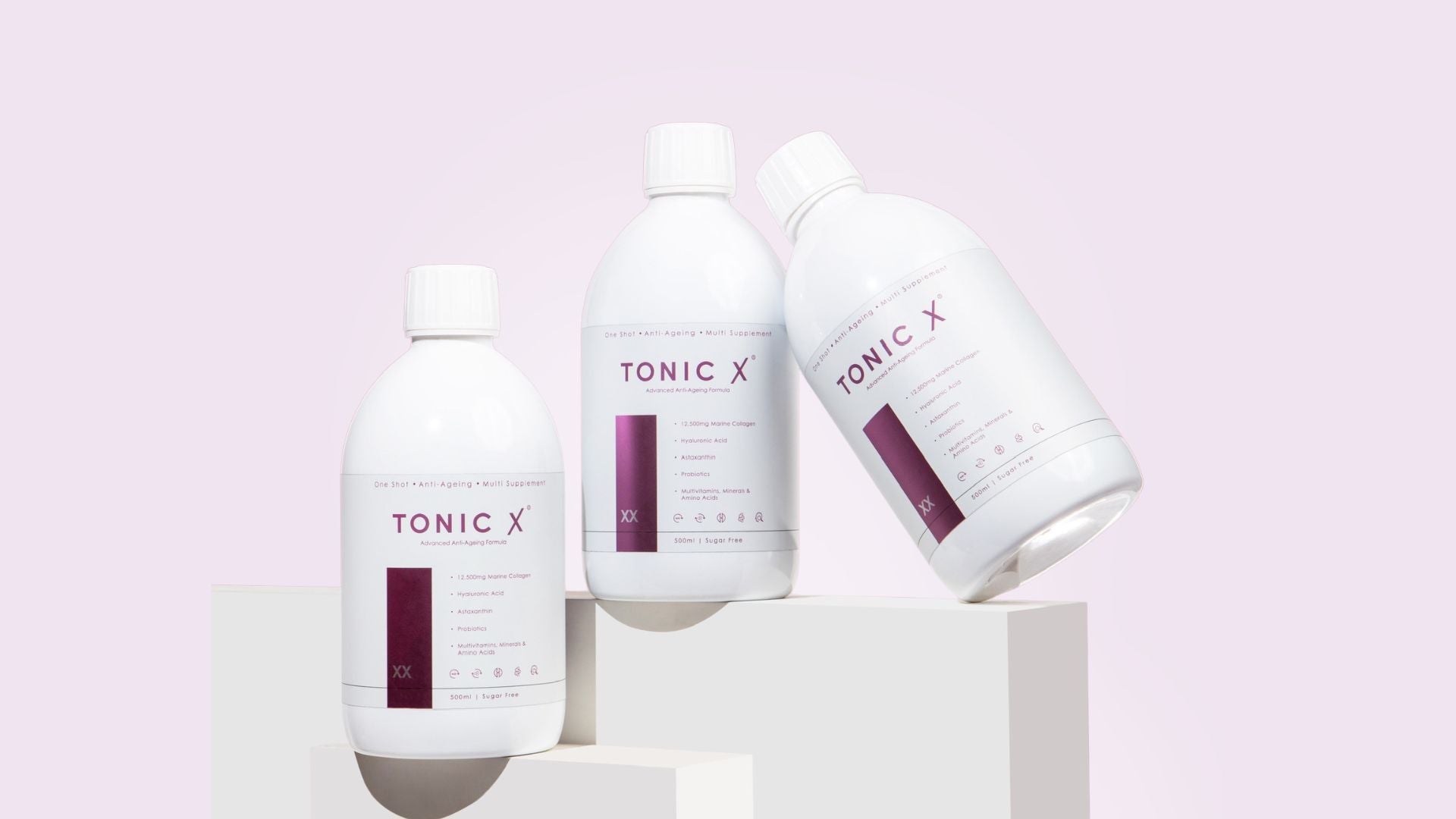Article: Nutrient Support for the Winter Months: The Science Behind Seasonal Strength

Nutrient Support for the Winter Months: The Science Behind Seasonal Strength
As the days grow shorter and the temperature drops, our bodies face a new set of challenges. Winter can affect the immune system, skin, mood, and energy levels, which makes it an ideal time to give your body a little extra nutritional support.
Rather than turning to quick fixes, it helps to focus on key nutrients that work with your body to strengthen its natural defences, support healthy skin, and keep inflammation balanced from within.
Vitamin D3: The Sunshine Vitamin
During the winter months, limited sunlight means the body produces less Vitamin D. This vitamin plays an essential role in maintaining immune resilience, bone health and mood regulation.
Low levels of Vitamin D are common in the UK during the colder seasons, which can contribute to fatigue and a weakened immune response. Supporting your intake through diet or supplementation helps to keep energy steady and encourages healthy inflammatory balance throughout the body.
Vitamin C: Antioxidant Defence for Skin and Immunity
Vitamin C is one of the most recognised nutrients for immune health, but its benefits go far beyond that. It acts as a powerful antioxidant, protecting cells from oxidative stress that can increase during the winter months.
It also supports the natural production of collagen, which helps to maintain firm, hydrated and resilient skin when the air becomes dry and cold.
Zinc: The Winter Immunity Essential
Zinc is vital for the immune system to function effectively. It supports the production of immune cells and helps the body repair and grow new tissue.
In addition to this, Zinc contributes to skin healing and barrier strength, reducing dryness and irritation that often occur when temperatures drop and central heating is used more frequently.
Vitamin B5 and B6: Energy and Stress Support
The B Vitamins are often referred to as the energy vitamins. Vitamin B5, also known as Pantothenic Acid, helps the body convert food into energy. Vitamin B6 contributes to the normal function of the nervous system and supports hormonal balance.
Together, these vitamins help reduce tiredness and fatigue while supporting mood and focus throughout the darker months. They also play a role in maintaining healthy skin metabolism, which can become sluggish in colder weather.
Astaxanthin: The Antioxidant Powerhouse
Astaxanthin is a naturally occurring compound derived from marine microalgae and is considered one of the most potent antioxidants found in nature. It helps neutralise free radicals, protecting skin cells and tissues from oxidative stress.
Astaxanthin also supports balanced inflammation and skin integrity, helping to maintain a healthy, radiant complexion even when winter weather feels harsh. Its anti-inflammatory properties make it beneficial for overall cellular health, joint comfort and recovery.
A Synergistic Approach
Each of these nutrients contributes to different aspects of wellbeing, but together they create a strong foundation for winter health. From supporting the immune system and energy levels to promoting hydrated, resilient skin, these ingredients help the body stay balanced when the environment is less forgiving.
Consistency is key. Nourishing your body daily with the right nutrients helps you adapt naturally to the season so you can feel your best all winter long.
